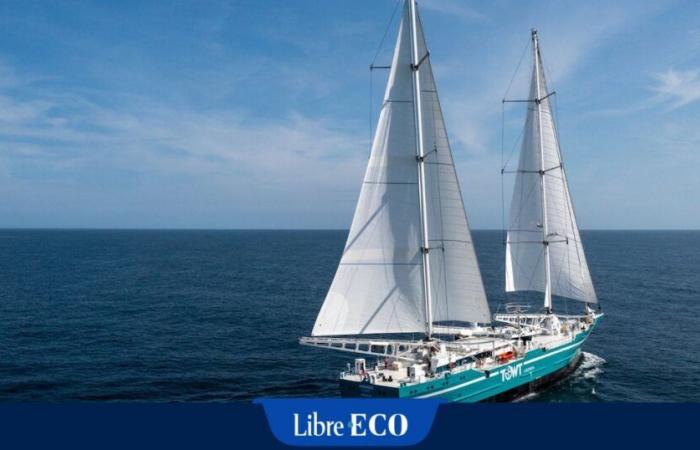
CO2 emissions divided by ten
“Our mission is to reduce the carbon footprint of coffee, particularly in business. We are constantly looking for new ways to achieve this. Transport by sail seemed obvious, and we made this crazy bet very early on. We We are proud to be part of this historic project.”explained Maxence Lacroix, manager of Javry Coffee, quoted in a press release.
Why American coffee giant Starbucks is in crisis
Javry Coffee has around ten employees for a turnover of around 3 million euros. But it is also and above all the commitment to offer its customers, individuals or companies in Belgium, France and Luxembourg, an “ethical and eco-responsible coffee, artisanally roasted in Belgium.” To achieve this, the small company intends to give priority to direct purchases from coffee producers, thus avoiding traditional stock market intermediaries. Objective: to control the origin of raw materials, to guarantee a “fair price” for coffee growers, to ensure the sustainability of the economic sector as a whole by opting for sustainable agriculture.
A cost of 1 euro per kilo
A commitment to “sustainability” that the Belgian company also embodies through eco-responsible packaging and which it therefore also intends to translate into the transport of coffee. And, from this point of view, Javry Coffee is not its first attempt: in 2022, the company had already participated in a first crossing on a vintage schooner already in collaboration with the company TOWT, owner of the cargo sailboat. At the time, the cost of transport represented for Javry Coffee a charge of 5 euros per kilo of coffee, compared to 0.20 euros via a traditional cargo ship.
With the latest technological advances, this cost has been reduced to 1 euro per kilo by using a cargo sailboat, which allows CO2 emissions to be divided by ten compared to traditional cargo ships. “In Europe, the cost of the carbon tax has tripled since 2021 to reach 100 euros per tonne in March 2023, and the inclusion of maritime transport in the system of carbon quotas for companies makes the sailboat-cargo option even more relevant “It would be enough for this tax to double for transport by sail to become more economical than conventional transport.”underlines Javry Coffee, which aims to import 50% of its coffees by cargo sailboat by the end of 2025.





